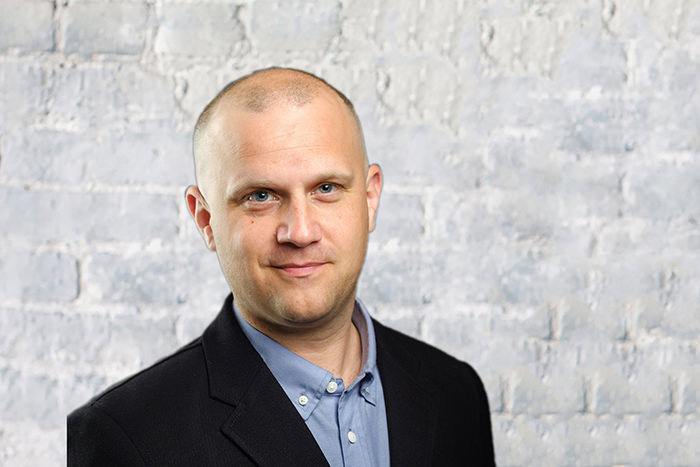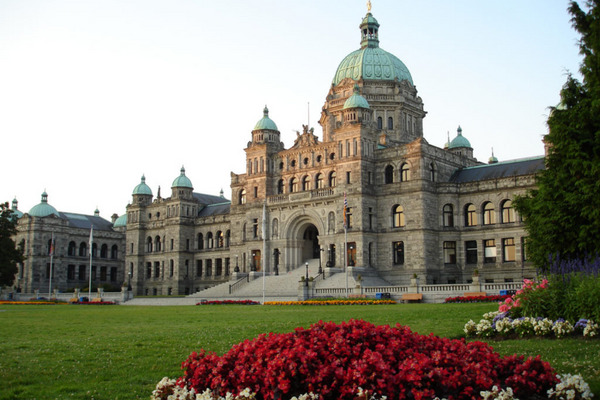Feb 28, 2023
Today’s BC Budget is the first for Premier Eby and Finance Minister Katrine Conroy. Since becoming Premier in the fall, Eby has shown he is more committed to investing in services than running surpluses –continuing to spend last year’s $5.7-billion surplus (which otherwise must be used to pay down provincial debt).
By contrast, the budget Conroy brought down this afternoon plans for declining deficits over the next three years, with a projected $4.2-billion deficit in 2023-24, declining to $3 billion in 2025-26, as the province continues to battle inflation, interest rates, and a rising cost of living.
Her budget focuses on affordability, housing, and public safety – doubling down on supporting British Columbians during the forecasted economic downturn, seeking to demonstrate that while uncertainty is high globally, the Government of BC will be there for citizens.
1. Making Life More Affordable
Affordability is top of mind for every government, and pre-Budget announcements focused on saving money for British Columbians by keeping ferry fares low and providing additional cost-of-living payments. In the Budget itself, this theme continued with cost-cutting measures designed to target low-to-middle-income British Columbians with close to $4.5 billion to low-to-middle-income British Columbians, renters, those who can get pregnant, and children in schools. Notably, BC will be the first province to provide free contraceptives for all citizens. Eby and Conroy also finally delivered on their long-promised renters’ rebate: a $400 tax credit for those who make $60,000, with a sliding scale in effect for those between $60,000 and $80,000.
2. Action on the Housing Crisis
In recent months, rising interest rates have cooled the housing market in BC but not enough to meet the demand for more affordable options. The Government of BC is expanding its support of renters and new homeowners by investing $4.2 billion into this issue and building more homes for middle-income families. Actions to reduce homelessness and tackle the root causes of homelessness will be supported in this budget.
3. Strengthening Public Healthcare
Eby’s focus on healthcare commitments totals $6.4 billion in this budget to build up the health workforce, increase support for family doctors, and invest ng cancer care. That includes a $1 billion plan for mental health and addictions focusing on improved access to treatment beds, and $440 million for a new cancer action plan to improve prevention, detection and treatment.
4. Climate and Emergency Preparedness
With the creation of the new Ministry of Climate Readiness and Emergency Preparedness, the Government of BC has invested $180 million into the Community Emergency Preparedness Fund, to support local governments and First Nations with natural disasters before they happen. In this budget, the Government of BC is investing in a carbon tax/credit model for large polluting industries, where they won’t pay the carbon tax, they will instead pay for carbon pollution based on sector standards and if they innovate below those standards, they can sell credits to polluters, further incentivizing innovation. For individual consumers, the carbon tax will increase again this year, with an increase to $50/tonne, translating to an increase of 26 cents by 2030 per litre of gas.
5. Public Safety
In November the Government of BC provided $230 million to the RCMP to fund rural policing and specialized units dedicated to major crimes. In Budget 2023, there is an investment of $462 million into strengthening enforcement and intervention services and improving police response through supporting those suffering from mental health issues and addiction.
6. Jobs and Training
The budget sets aside $1.4 billion to build a stronger, more sustainable economy by launching a skills action plan to fill the jobs of tomorrow, support clean growth and take action on the biggest challenge businesses are facing – the need for people. That includes $480 million over three years to support Future Ready’s work to break down barriers to post-secondary training, so more people can get the training they need for in-demand careers and employers can access the talent they need. An additional $58 million over three years will help expand supports for newcomers and speed up foreign credential recognition for professionals, such as healthcare or childcare workers.
If you have questions about what this budget means for your sector, business, or association, please reach out to the Counsel Public Affairs team:



